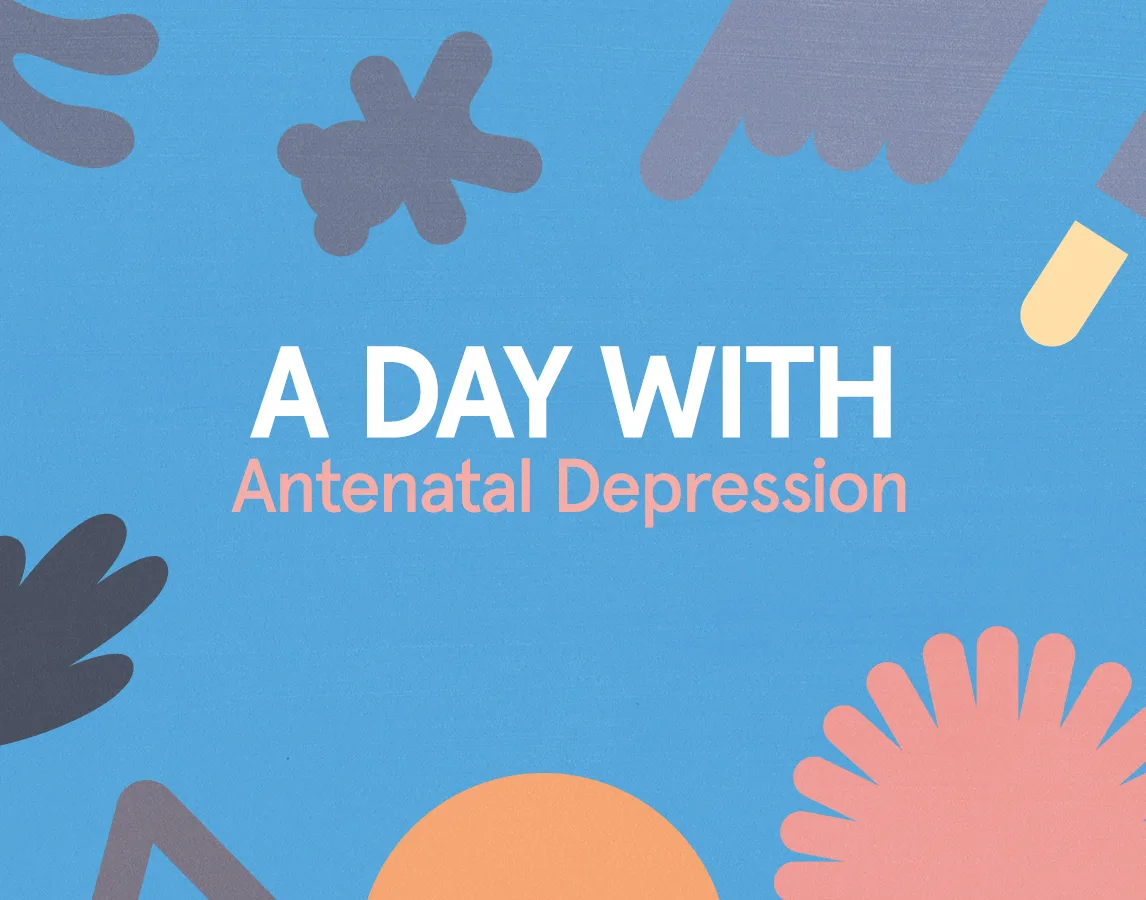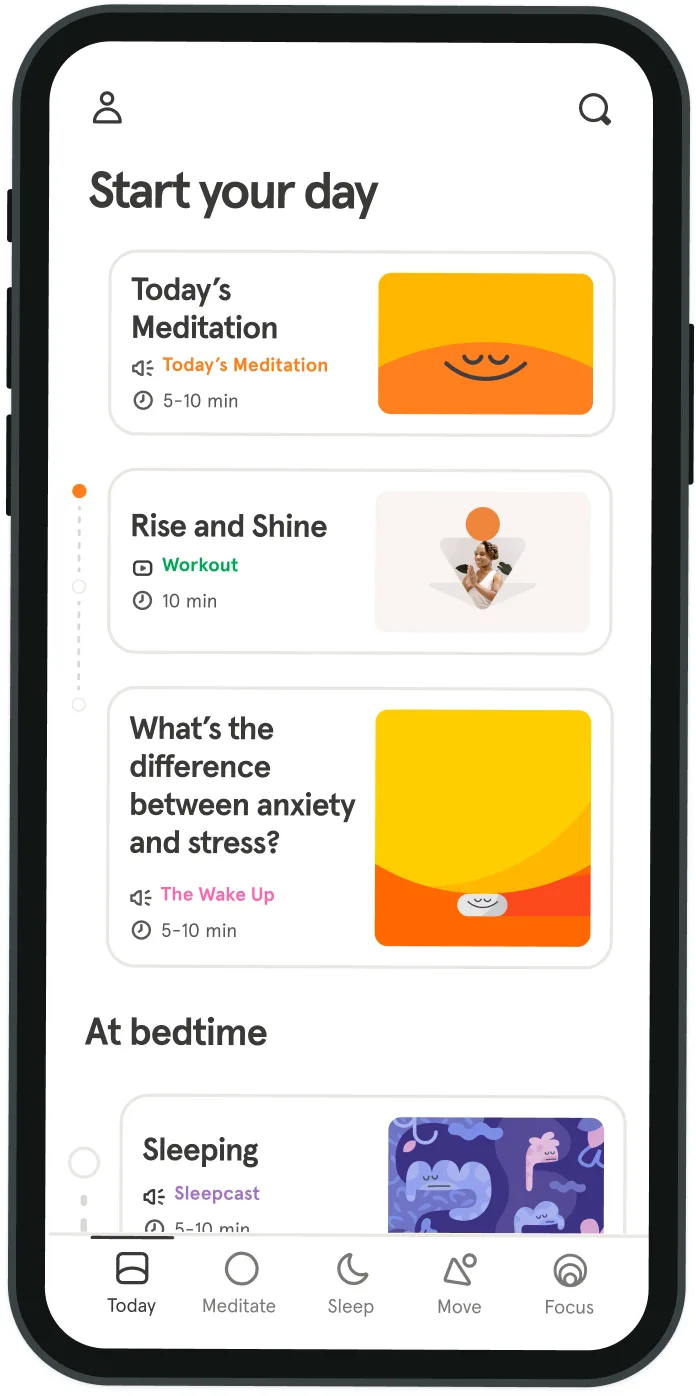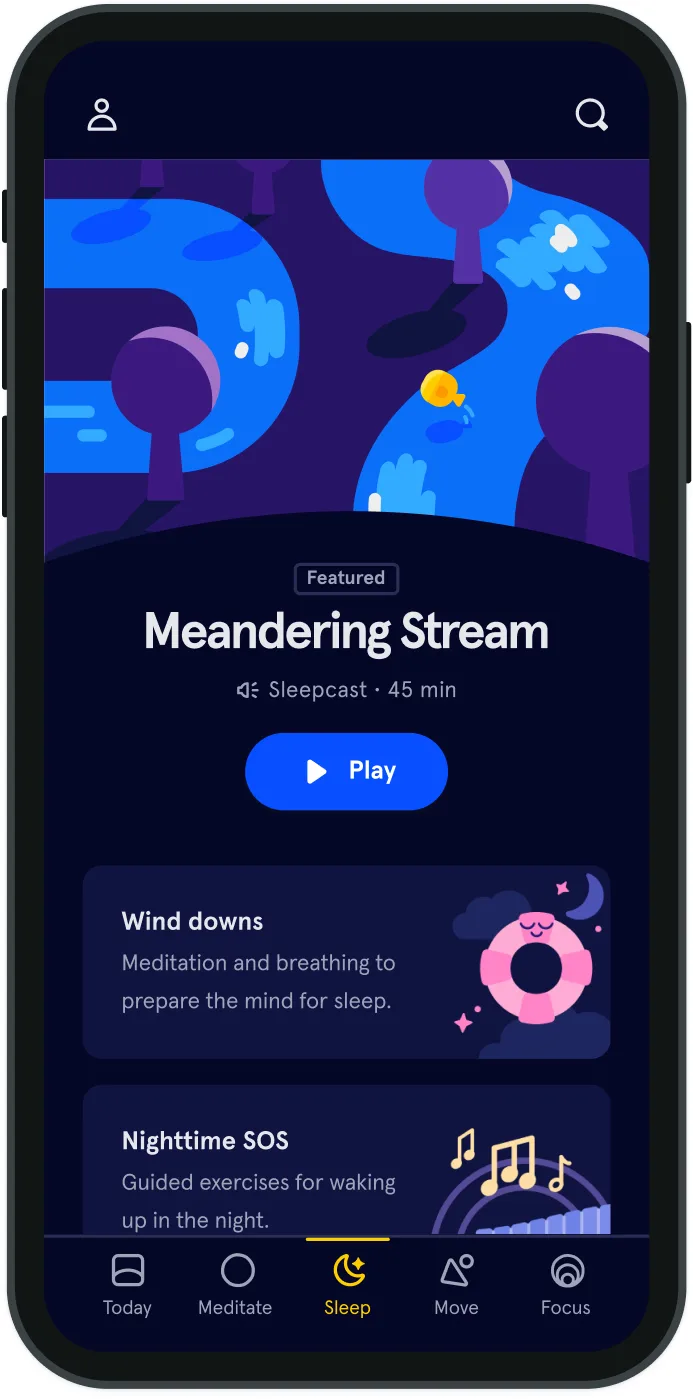A Day With: Antenatal Depression
[Editor’s Note: This piece is part of an ongoing series of personal essays on what it’s like to live with a mental health diagnosis. Each piece describes a singular and unique experience. These essays are not meant to be representative of every diagnosis, but to give us a peek into one person's mind so we may be more empathetic to all.]
This should be one of the happiest days of my life. I have a baby—another baby—growing inside me. A much-wanted second child, a little sister or brother for our 2-year-old son.
My doctor told me that these risks are low (studies show different levels of risk, but the consensus seems to be around one percent greater increase compared to pregnant women not taking antidepressants), but that I needed to consider them before taking the medication. He also told me that untreated depression during pregnancy can have a serious impact on the baby's health. A woman with depression may be less likely to eat healthily, miss prenatal appointments, smoke, drink, or take drugs. I will not do any of those things. But I already have a child I need to care for, and without medication, I simply don't believe I can handle everything. I know I’m not ready to deal with my illness without pills, not yet. I leave the doctor's office having made a half-hearted promise to return the following week if my mood has not improved. Driving home, I imagine my baby being born with spina bifida, a cleft lip, all manner of heart defects, and the tears keep falling. Depression sucks, no matter what else you have going on in your life. But depression with a toddler really sucks. I cannot slide back into bed and let the weight of my duvet pin me to the mattress. I have to be responsible for all the needs of a small person who does not understand what it means to be so low that there are simply no words to explain how it feels. I have time for a cup of tea before I pick my son up from the nursery. I go through the motions. It tastes wrong: metallic. I remember this from previous episodes of mental illness—it’s not a pregnancy thing. Food and drink I once enjoyed become unwanted guests in my mouth. Even my taste buds experience depression.
But this is one of the worst days of my life. I'm sitting in my doctor's office, tears streaming down my face. I feel on edge and exhausted and anxious and desperate and deeply, deeply miserable. "It's not working," I tell him. "It's been six weeks now, and it's not working." "It will work," he reassured me. "Are you having thoughts of harming yourself?" "No!" I say without thinking about it because thinking about it would send me over the edge and I've been working really hard for six weeks to inch away from it. The guilt makes it worse. My innocent unborn child, a 10-week-old fetus less than two inches long, did not ask to be born to a mother with mental illness. He or she did not expect to be on the receiving end of SSRIs via the placenta. My doctor has explained the risks of antidepressants during pregnancy, which include miscarriage, heart defects, birth defects affecting the spinal cord and brain, skull, abdominal organs and limbs, preterm (before 37 weeks gestation) birth, low birth weight, and low Apgar scores. It's also been suggested that babies exposed to antidepressants in the womb may experience withdrawal symptoms such as breathing problems, jitteriness, irritability, low blood sugar, poor tone, and trouble feeding.
I sit motionless on the sofa, tea growing cold in my hand, until it is time to leave. At the nursery, I plaster a big, fake smile on my face and try to make acceptable small talk with the staff while my boy is being bundled into his jacket. He has painted me a picture—three brightly colored blobs which are, he informs me, our family. It will be a while before he knows that a fourth blob is on the way. I coo over his picture and promise to stick it to the wall as soon as we get home. After lunch, I try to persuade him to nap—I need to close my eyes—but he is full of beans and wants to play. I empty the contents of his toy box on the floor and lie down beside him while he runs tiny cars up and down my legs and across my forehead. Eventually, he snuggles into my arm and we lie together on the floor, reading stories. My voice sounds strange, as if my tongue is too thick for my mouth, but he doesn’t notice. He just needs me there, and if there’s one thing I can do right now, it's be by his side. His warm little body is the only comfort I can find right now. I know things will get better. The medication will kick in and the fog will lift and I can start to plan for the new baby. Until then, I crave the darkness of bedtime.



Be kind to your mind
- Access the full library of 500+ meditations on everything from stress, to resilience, to compassion
- Put your mind to bed with sleep sounds, music, and wind-down exercises
- Make mindfulness a part of your daily routine with tension-releasing workouts, relaxing yoga, Focus music playlists, and more
Meditation and mindfulness for any mind, any mood, any goal
- © 2024 Headspace Inc.
- Terms & conditions
- Privacy policy
- Consumer Health Data
- Your privacy choices
- CA Privacy Notice
